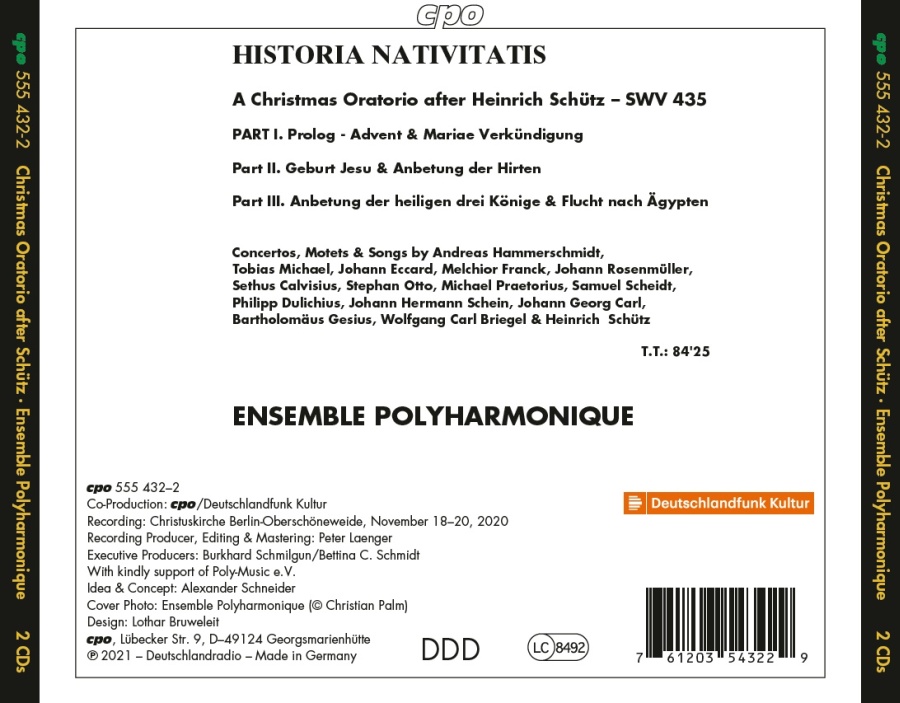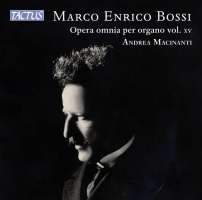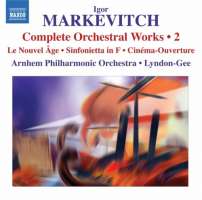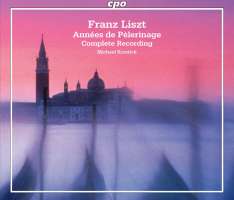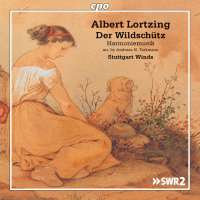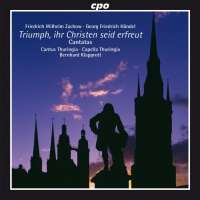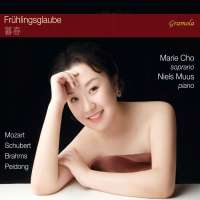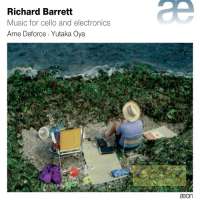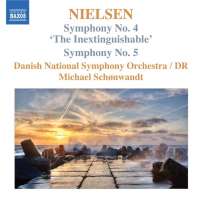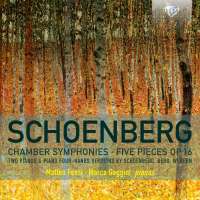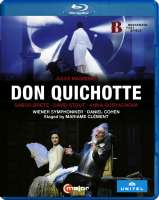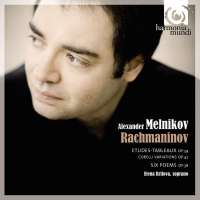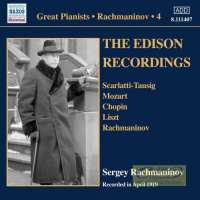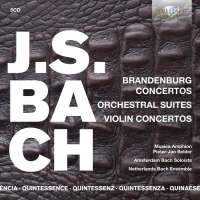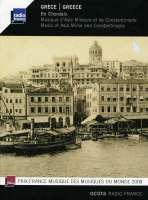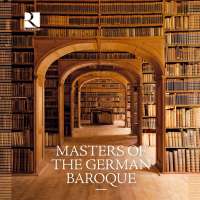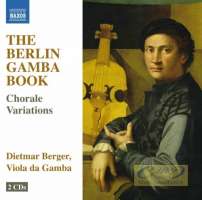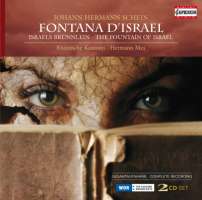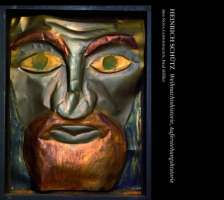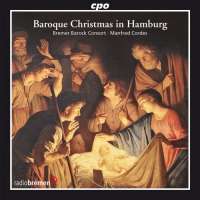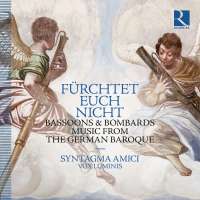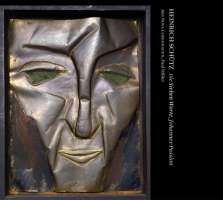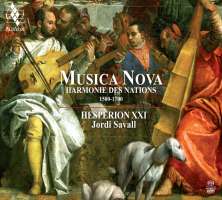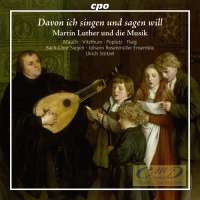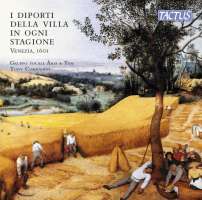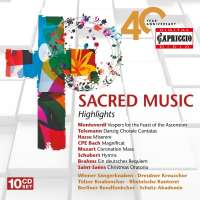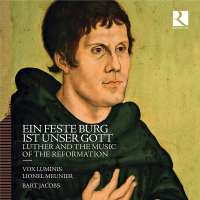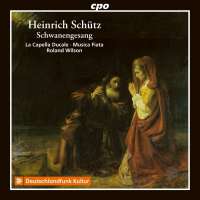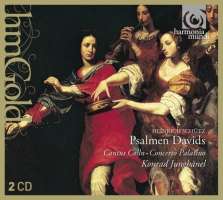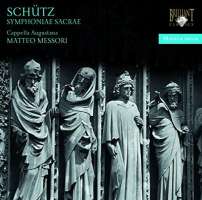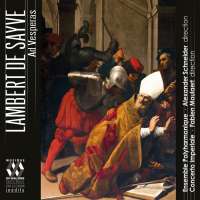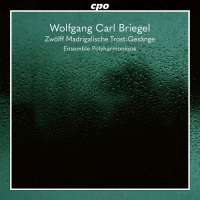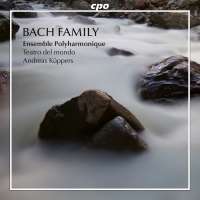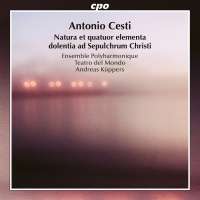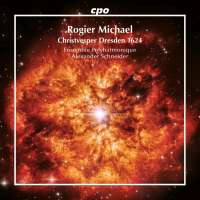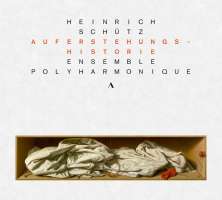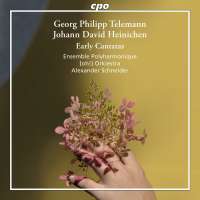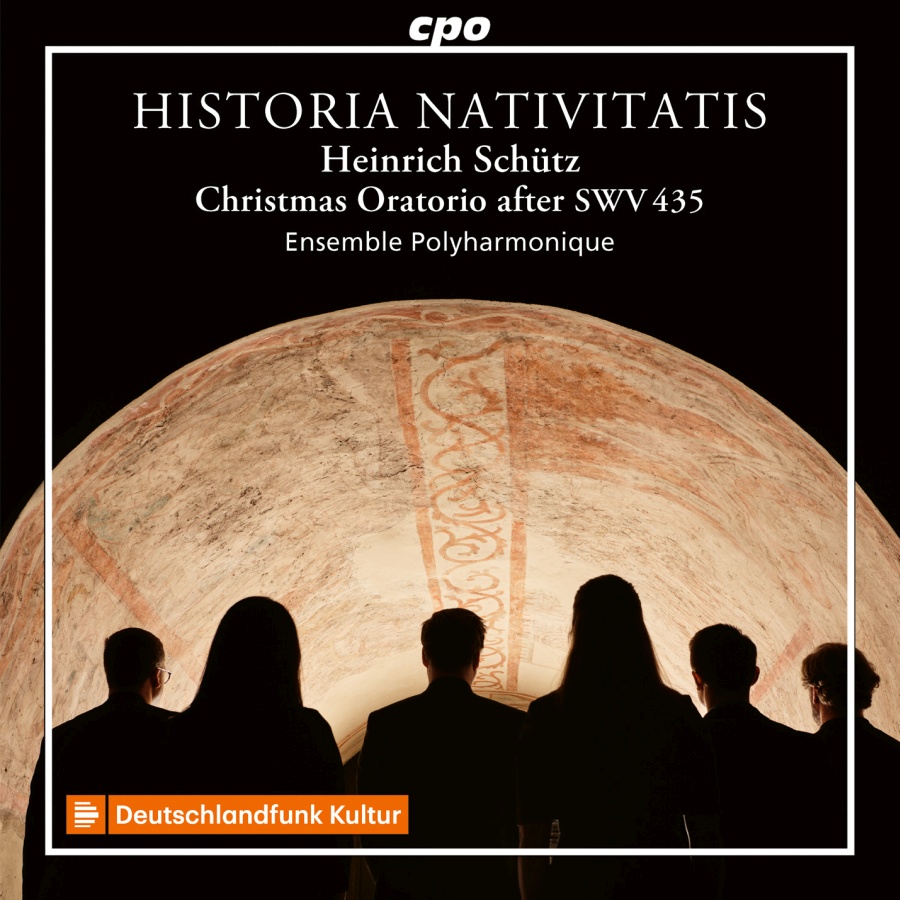
kompozytor
różni kompozytorzy
tytuł
Schütz: Historia Nativitatis - Christmas Oratorio after SWV 435
pełny spis kompozytorów
Schütz, Heinrich;
Hammerschmidt, Andreas;
Eccard, Johann;
Franck, Melchior;
Rosenmüller, Johann;
Praetorius, Michael;
Scheidt, Samuel;
Schein, Johann Hermann
Hammerschmidt, Andreas;
Eccard, Johann;
Franck, Melchior;
Rosenmüller, Johann;
Praetorius, Michael;
Scheidt, Samuel;
Schein, Johann Hermann
wykonawcy
Ensemble Polyharmonique
nr katalogowy
CPO 555 432-2
opis
NEW: A Christmas Oratorio Inspired by Schütz
During the seventeenth century the historia developed in Protestant church music as a genre telling the Easter, Passion, and Christmas stories in the words of Luther’s Bible. The Dresden chapel master Heinrich Schütz, who was renowned far and wide already during his lifetime, drew on this form as early as 1623. And when he had his Weihnachtsthistorie published in 1664, it replaced the older historia in the setting by Rogier Michael, Schütz’s predecessor as chapel master, though Schütz retained most of Michael’s text. As manifold tractates and introductions in printed music of the seventeenth century often indicate, the works to be performed are to be presented in keeping with the circumstances and resources available in the performance location. Accordingly, Schütz also let it be known in his introduction to the Weihnachtshistorie that he »left it open [to composers] to set these ten concertos (whose texts are also to be found in these printed pages) in a manner pleasing to them and for the corpus musicum available to them, either entirely anew by themselves in a different way or to have them composed by others.« This idea inspired the members of the Polyharmonique ensemble to produce an alternative version of the Weihnachtshistorie that would be practicable for their particular ensemble. The resultant HISTORIA NATIVITATIS strictly follows the formal intention of »Sagittarius Schütz« and was set for a »corpus musicum« of six voice parts, two violins, curtal, and a colorful basso continuo (organ, regal, theorbo, Baroque harp, violone). Contemporary sources, primarily from Central Germany, some of them otherwise unknown compositions by Andreas Hammerschmidt, Samuel Scheidt, Wolfgang Carl Briegel, Johann Georg Carl, Stephan Otto, and others, that exactly follow the source texts are extant. What we have before us is a historia such as might have been heard at a Christmas vespers service in Central Germany during the seventeenth century. It combines magnificent art music with traditional Christmas melodies of Central German provenance and during its course is transformed into a spirited oratorio, interpreted here by the famous Polyharmonique ensemble with attention to historical performance practice.
nośnik
CD
x 2
gatunek
Muzyka klasyczna
producent
CPO
data wydania
03-12-2021
EAN / kod kreskowy
761203543229

(Produkt nie został jeszcze oceniony)
cena 99,00 zł
lubProdukt dostepny w niewielkiej ilości.
Wysyłka w ciągu 3 dni roboczych
Darmowa wysyłka dla zamówień powyżej 300 zł!
Darmowy kurier dla zamówień powyżej 500 zł!
sprawdź koszty wysyłki